Welcome to Dolphin Solar, your premier partner in solar solutions since 2015, authorized for domestic projects under government subsidy programs in collaboration with PSPCL and MNRE International.
Welcome to Dolphin Solar, your premier partner in solar solutions since 2015, authorized for domestic projects under government subsidy programs in collaboration with PSPCL and MNRE International.
In India, the shift towards sustainable energy practices has gained significant momentum, driven in part by a comprehensive array of subsidies and incentives offered by the government. Among these initiatives are the Capital Subsidy, Interest Subsidy, Accelerated Depreciation, Net Metering, and Renewable Energy Certificates (RECs), all designed to encourage and support the adoption of solar energy among domestic customers. These incentives play a crucial role in alleviating financial barriers, promoting cleaner energy alternatives, and contributing to the nation's ambitious goals for a greener and more sustainable future.
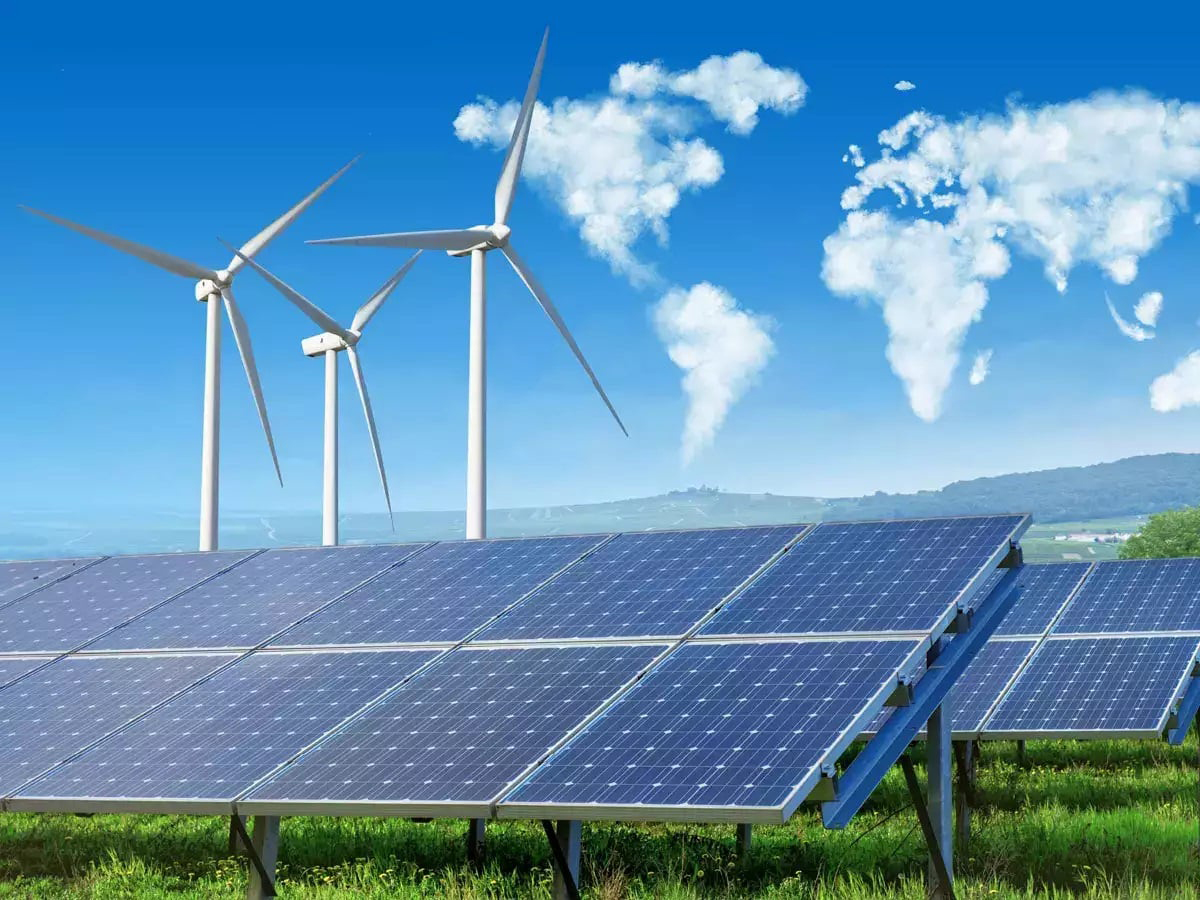
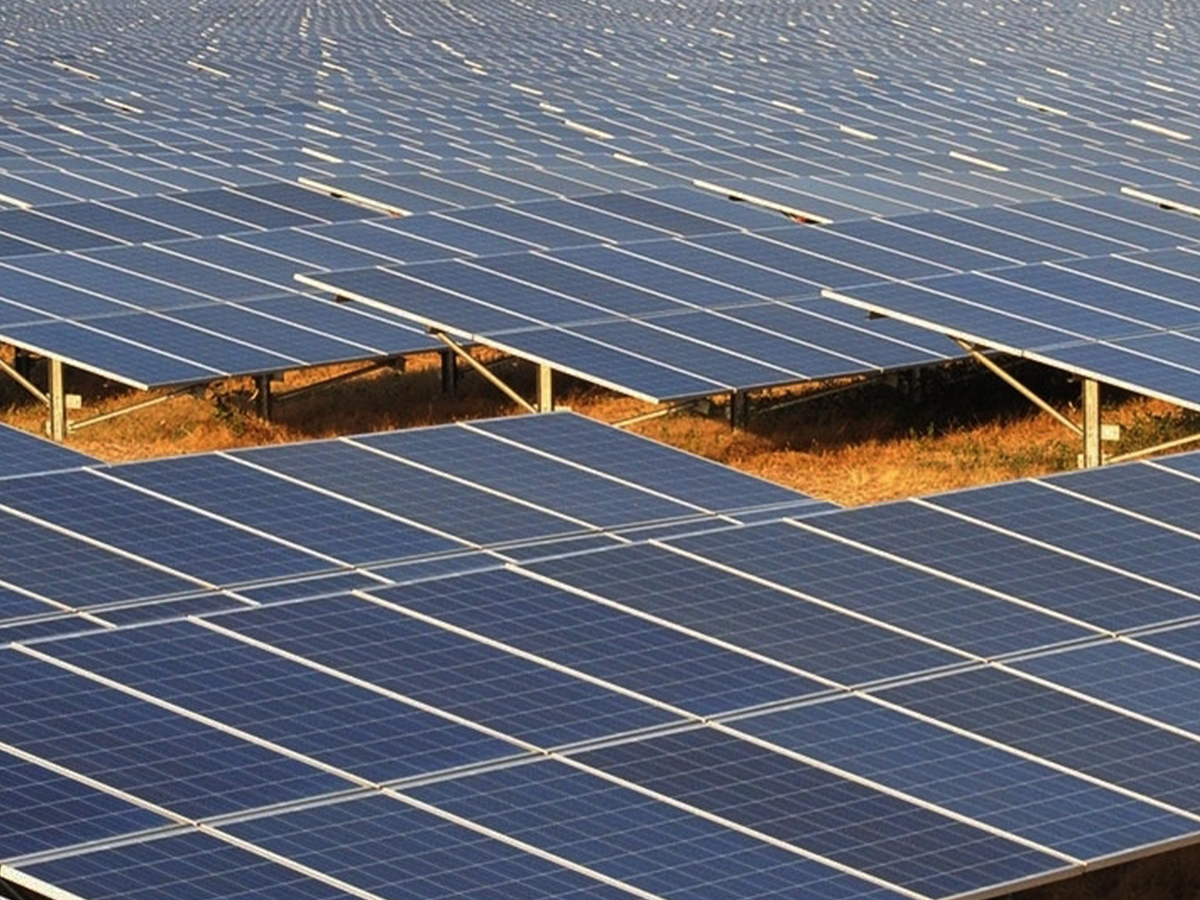
The Capital Subsidy offered by the Indian government is a pivotal incentive encouraging domestic customers to embrace solar energy. This subsidy significantly reduces the upfront installation costs of solar systems, making renewable energy solutions more financially accessible for households. By alleviating the initial financial burden, individuals are incentivized to invest in solar technologies, contributing to the nation's sustainable energy goals and fostering a cleaner, greener environment.
The Interest Subsidy initiative by the Indian government plays a crucial role in promoting solar energy adoption among domestic customers. This subsidy reduces the cost of borrowing for individuals investing in solar systems, making financing more affordable. By lessening the financial strain associated with loans, the interest subsidy empowers households to make environmentally conscious choices, accelerating the transition to renewable energy. This measure not only benefits individual consumers but also contributes to the nation's broader objectives of reducing carbon emissions and promoting sustainable energy practices.
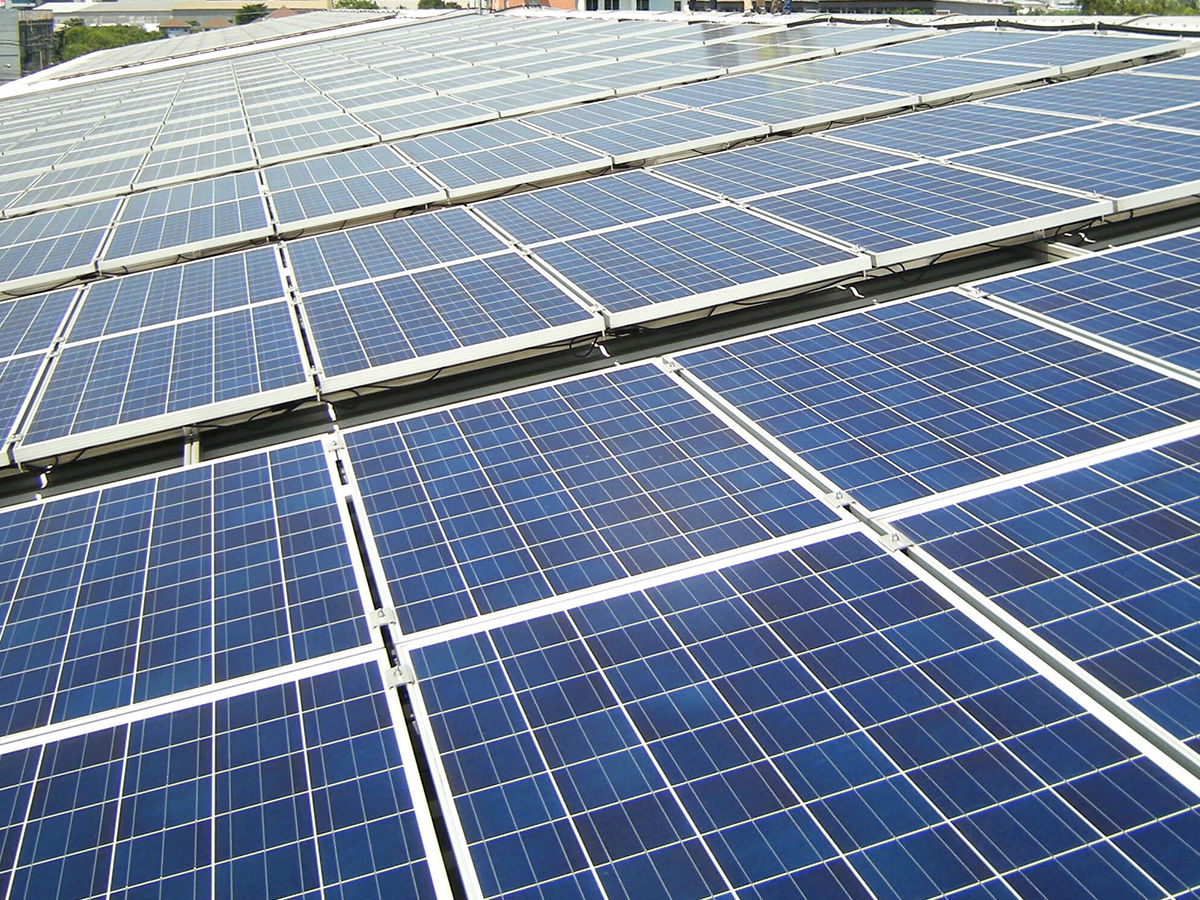
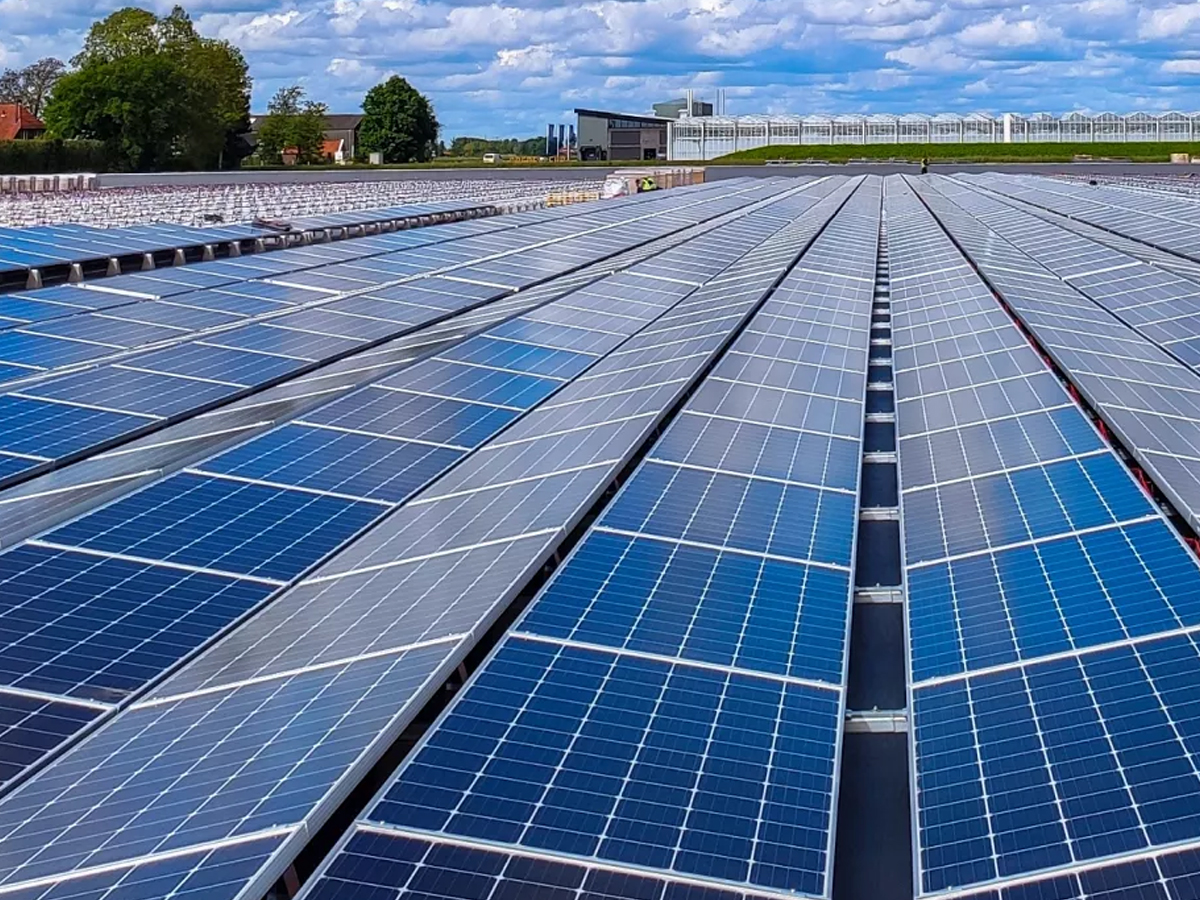
Accelerated Depreciation is a key incentive for businesses in India to invest in solar energy infrastructure. This financial benefit allows companies to depreciate the cost of solar assets at an accelerated rate, providing significant tax advantages. By expediting the depreciation process, businesses are encouraged to adopt solar technologies, contributing to the nation's renewable energy goals while enjoying financial benefits. This incentive not only promotes corporate responsibility but also stimulates economic growth in the renewable energy sector, fostering a more sustainable and resilient energy landscape.
Net Metering is a transformative incentive offered by the Indian government to domestic customers embracing solar power. This mechanism allows individuals to offset their electricity bills by exporting surplus solar energy to the grid. By promoting energy self-sufficiency and reducing reliance on traditional power sources, net metering encourages widespread adoption of solar technologies. Customers benefit from lower electricity costs, making solar power an attractive and economically viable option for households. This incentive aligns with the government's vision of fostering a decentralized, sustainable energy landscape while empowering individuals to actively participate in the transition to clean energy.
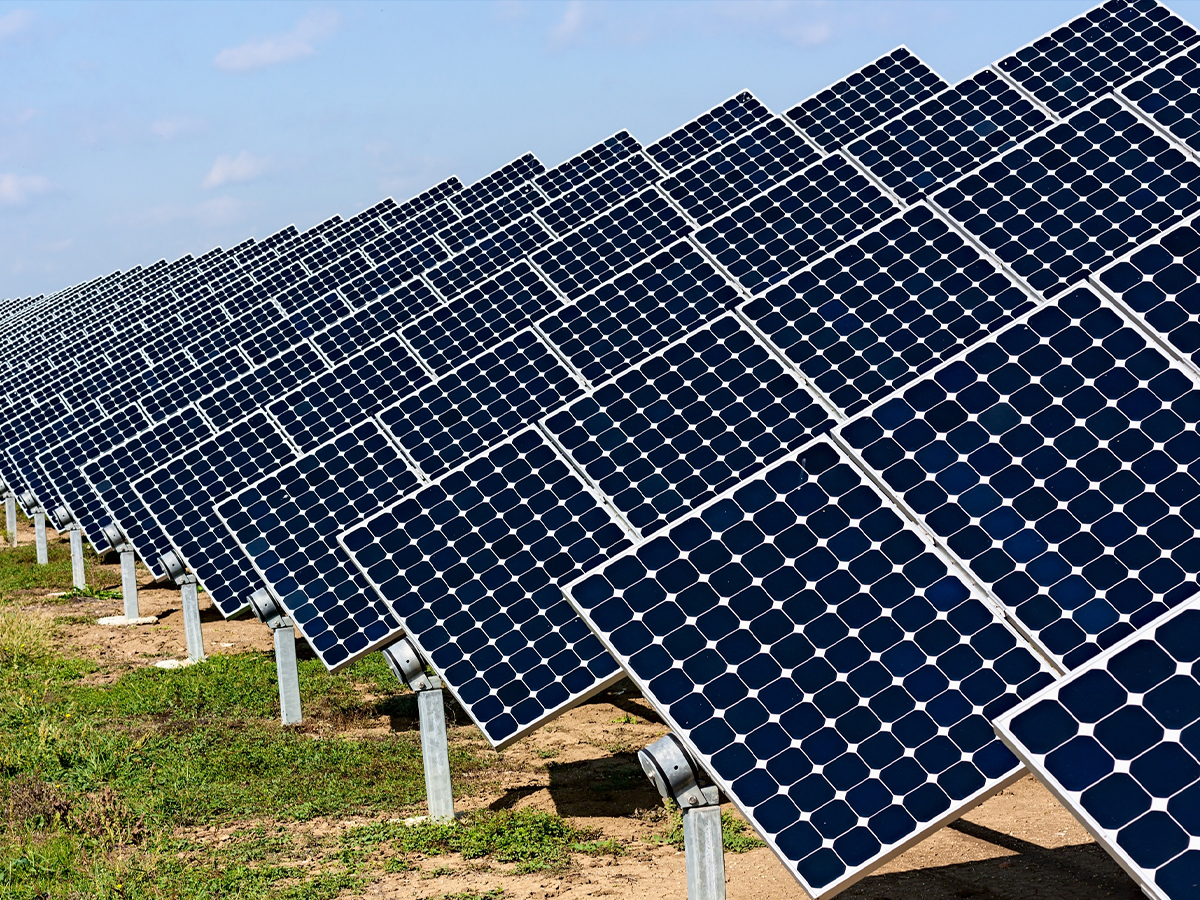

Renewable Energy Certificates (RECs) constitute a valuable incentive for solar energy producers in India. By generating electricity from renewable sources, producers earn tradable certificates, providing a financial incentive for sustainable energy production. RECs contribute to the development of a market-driven approach to renewable energy, fostering competition and innovation. Producers can trade these certificates, creating a revenue stream that further encourages investment in solar technologies. The REC mechanism not only supports the growth of the renewable energy sector but also positions India as a leader in sustainable energy practices, driving positive environmental and economic outcomes.
